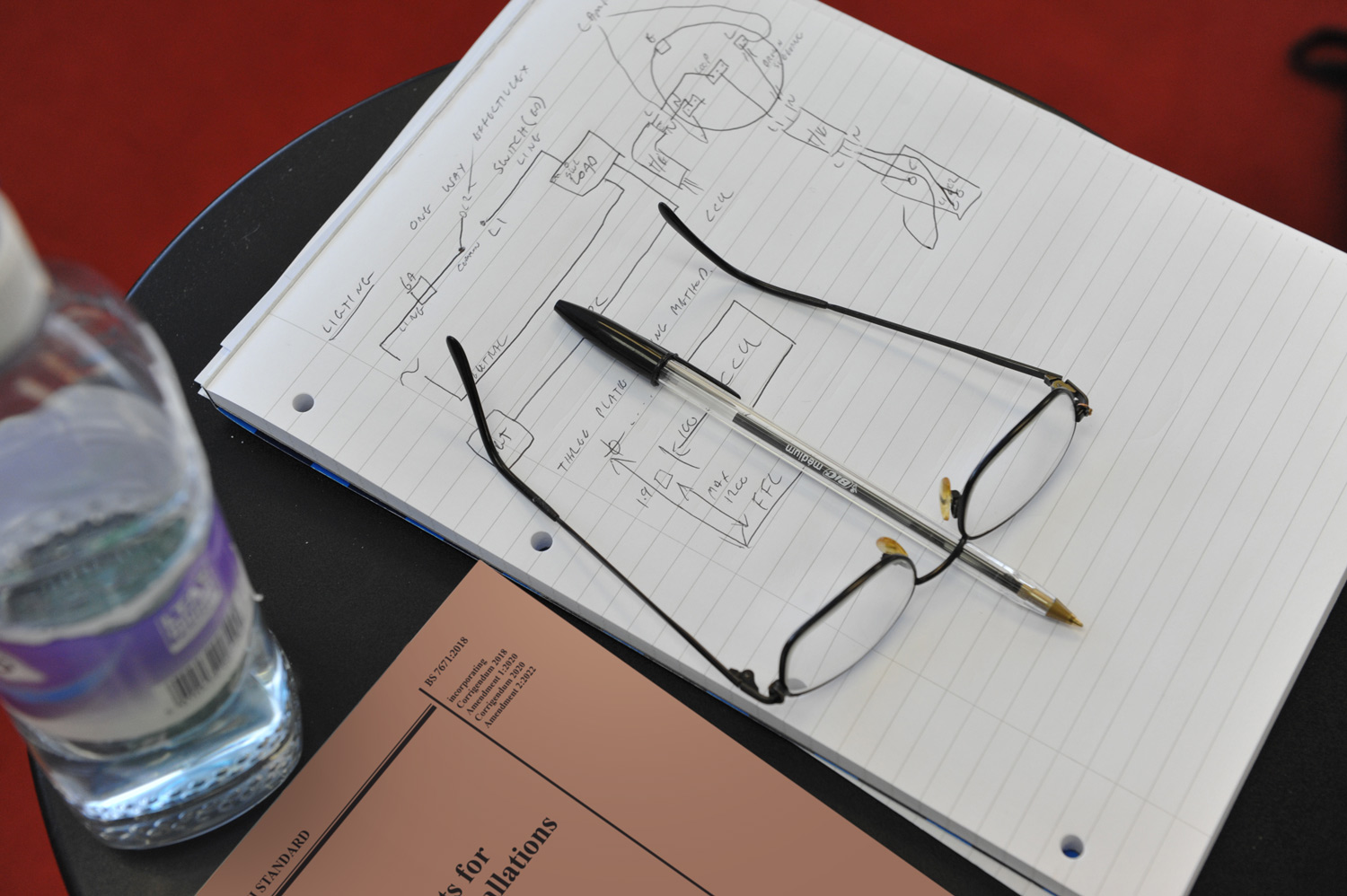Last year, we reported onthe Governments plans to introduce new electrical safety regulations for privately rented properties in England and Wales. See our article ‘Regular Electrical Safety Checks for Private Landlords Coming Next Year’ about the announcement from January 2019.
Following on from the initial consultation, the Electrical Safety Standards in the Private Rented Sector (England) Regulations 2020 – were laid out in Parliament on 13th January. Assuming approval is forthcoming from both the House of Commons and the House of Lords in the coming weeks, the new regulations will come into effect from July 2020 for new tenancies and April 2021 for existing tenancies.
Current safety requirements
Currently it is not mandatory for landlords to provide an Electrical Installation Condition Report (EICR) every five years. The latest wiring regulations state that Landlords should keep the electrics in their properties in good working order to ensure they are safe. However, if the property is a House of Multiple Occupancy (HMO) then Landlords are required by law to arrange
a periodic inspection every five years.
New regulations
Under the new regulations, it becomes mandatory for agents and private landlords to ensure every fixed electrical installation is inspected and tested at least every 5 years by a qualified person, irrespective of occupancy. Not only this, but the onus is on the landlord to fulfil the following obligations;
∑
A copy of the most recent report must be supplied to an existing tenant within 28 days.
∑
A copy of the last report must be provided to any prospective tenant within 28 days of a request.
∑
A copy of the last report must be supplied to any new tenant before occupation.
∑
A copy of the report must be given to the qualified person undertaking the next inspection.
Rectifying faults found in the report
Moreover, should the safety report identify any faults, the Landlord must ensure repairs are completed by a competent and qualified person within 28 days of the initial inspection. Following the remedial work, they must ensure written confirmation is received statin that the work has been carried out and that safety standards are now met. This confirmation must be supplied to the incumbent tenant within 28 days of the work being carried.
Local authority involvement
The new regulations require local housing authorities to enforce the rules and they have the power to arrange remedial action.
∑
Upon request, the report must be provided to the local housing authority within 7 days.
∑
Where urgent works are required, the local authority must serve a ‘remedial notice’ on the landlord. The landlord will have 28 days from the date of service of the notice to take the action outlined.
∑
If the landlord does not undertake the remedial works, the local authority can access the property to remedy the issue, then recover costs reasonably incurred from the landlord.
∑
Proven breaches of the regulations can result in the local housing authority imposing a financial penalty of up to £30,000.
Chief Executive of The Association of Residential Lettings Agents (ARLA)
David Cox backs the move, saying: “We are supportive of this concept and believe it will ensure improved safety standards for tenants. Mandated electrical testing should have a limited impact on professional landlords and agents in the market, many of whom already voluntarily undertake these inspections.”
However, Cox goes on to say that ARLA had concerns regarding the number of qualified electricians available to perform these reports – “We did raise concerns about the number of engineers available to undertake these reports by the April 2021 deadline.”
It is likely that the C&G 2391-52 Inspection and Testing qualification will be an industry requirement for electricians who wish to carry out these reports.
With this in mind, now more than ever, is the perfect time for practicing electricians to get themselves qualified to ensure they are ready to respond to the growing needs of Landlords.




















